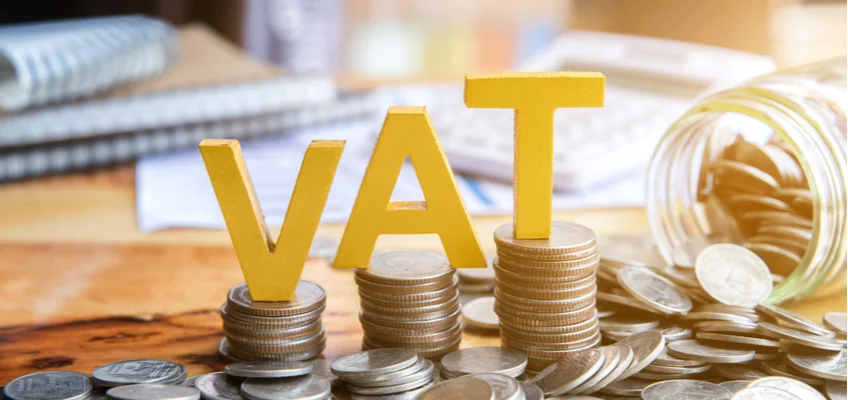Value added tax (VAT) is one of the most important and widespread sources of government revenue in many countries. This indirect tax is applied to most goods and services within economic circulation. VAT has a fundamental impact not only on the state budget, but also on entrepreneurs and final consumers. In this article we will look at what VAT is, how it works and what are its key aspects.
What is VAT?
VAT or value added tax is an indirect tax that applies to the sale of goods and the provision of services. It is a consumption tax, which means that the final tax is paid by the consumer, not directly by the manufacturer or service provider. VAT applies to every stage of production and distribution and is calculated as a percentage of the price of the good or service.
How does VAT work?
The basic principle of VAT consists in the fact that every entrepreneur within the supply-customer chain pays tax on his turnover and at the same time has the right to deduct the tax he himself paid to his suppliers. In this way, the value added tax is passed on to the final consumer, who does not apply the tax deduction and pays the total VAT.
VAT rates
VAT varies in different countries, both in the amount of rates and in the range of goods and services to which it applies. There are usually two basic rates – standard and reduced. The standard rate is applied to most goods and services, while the reduced rate applies to specific items such as food, medicine, books, or services with cultural overlap.
Exceptions and exemption from VAT
Some products or services may be exempt or zero-rated from VAT. Exemption from VAT usually applies to certain types of activities, such as educational services, healthcare or some financial services. A zero VAT rate means that even if the product or service is exempt from tax, the supplier can deduct the VAT paid at earlier stages of the distribution chain.
VAT in international trade
Special rules for VAT apply in international trade. Goods exported abroad are usually exempt from VAT in the country of origin, while goods imported are subject to VAT in the country of destination. This means that, upon importation, VAT must be paid in the country where the final consumption of the goods takes place.



1 Komentář
https://24ct.cz/
https://aktuality.wiki/
https://aktuality24.cz/
https://aktualitydnes.cz/
https://aktualityin.cz/
https://aktualne.wiki/
https://aktualniauta.cz/
https://atraktivnibydleni.cz/
https://blogzeny.cz/
https://businessnews.cz/
https://bydlenidnes.cz/
https://byznys.wiki
https://casopisfinance.cz/
https://ceskymagazin.cz/
https://denik.eu/
https://deniky24.cz/
https://dnes.wiki
https://dnesmag.cz/
https://estavitel.cz/
https://euromag.cz/
https://glamourcasopis.cz
https://grandbydleni.cz/
https://harmonyliving.cz/
https://hlavniekonom.cz/
https://hlavnizpravy.cz/
https://chvilkaprotebe.eu/